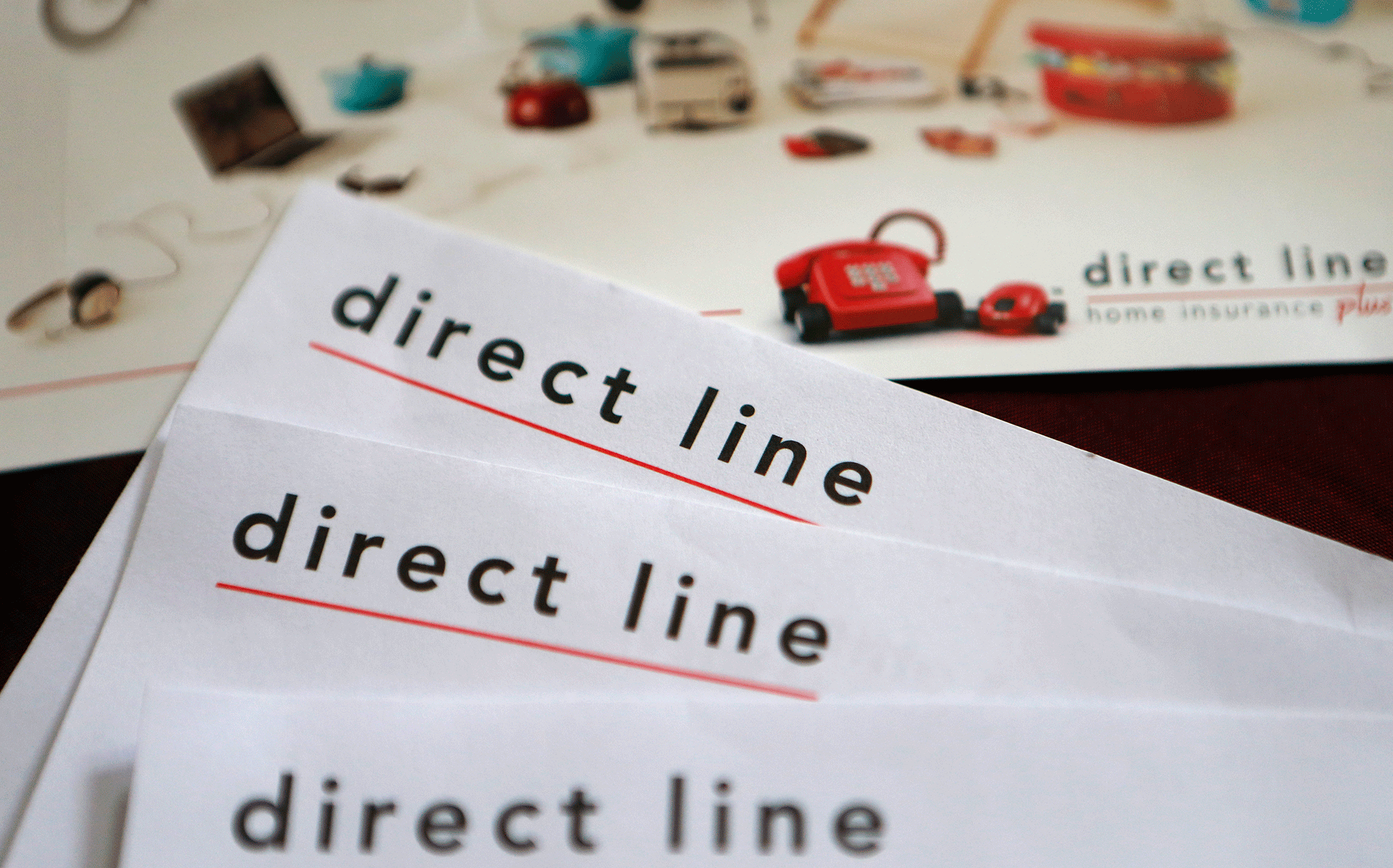Direct Line's stunning results explain why your insurance premiums are so high
The company took in 3.6 per cent more premiums but saw profits rise by more than 50 per cent, dividends by 40 per cent and special dividends by 50 per cent

Your support helps us to tell the story
From reproductive rights to climate change to Big Tech, The Independent is on the ground when the story is developing. Whether it's investigating the financials of Elon Musk's pro-Trump PAC or producing our latest documentary, 'The A Word', which shines a light on the American women fighting for reproductive rights, we know how important it is to parse out the facts from the messaging.
At such a critical moment in US history, we need reporters on the ground. Your donation allows us to keep sending journalists to speak to both sides of the story.
The Independent is trusted by Americans across the entire political spectrum. And unlike many other quality news outlets, we choose not to lock Americans out of our reporting and analysis with paywalls. We believe quality journalism should be available to everyone, paid for by those who can afford it.
Your support makes all the difference.It won’t be long before the Association of British Insurers (ABI) releases another car insurance premium tracker and if it goes to form it will show that consumers are getting kicked in the teeth.
What the trade body has typically done when this happens is to cry crocodile tears for the “hard pressed motorist” while complaining that its poor members have had no choice but to increase premiums to deal with the rising cost compensating people who get hurt by bad drivers.
It also likes to trot out the hoary old line about there being an “epidemic” of dodgy whiplash related claims. The Government must act!
A credulous media usually falls for this, reporting it as fact without ever testing the ABI’s claims against any evidence. Such as, say, the results released by Direct Line, one of Britain’s biggest motor insurers.
What they show is that far from suffering alongside the “hard pressed motorist”, as the ABI would have you believe, insurers have never had it so good.
Direct Line reported a 3.6 per cent rise in premiums written, but a 51.4 per cent rise in operating profits, a 40 per cent rise in regular dividends per share, and a 50 per cent rise in super special here’s some of the extra money we made so you can buy yourself something nice dividends.
This it has been able to do because it has hiked the price of premiums without there being a corresponding rise in the cost of claims.
You can see the effect of this in the company's combined operating ratio. It compares premiums with costs and claims and is expressed as a percentage. For every 1 per cent below 100 the insurer makes £1 for every £100 of premiums taken in.
Direct Line’s improved to 91.8 per cent from 97.7 per cent the previous year. So it made £8.20 on every £100 of premiums it took in, before any returns from investing that money are added to the pile, against just £2.30 previously.
Now Direct Line doesn’t just insure cars. So let’s look at motor insurance specifically. There the loss ratio (before costs) improved to 79.7 per cent of the premiums taken in against 84.1 per cent the previous year.
How did Direct Line pull off the trick? Simple. It increased its prices.
The ABI would tell you that it had to do this. It did’t, and in a competitive market it wouldn't have been able to.
In a competitive market the company would likely have had to absorb at least part of any increase in claims costs while working smarter and more efficiently to keep shareholders sweet.
But the motor insurance market isn’t as competitive as the industry would have you believe. So there was no need to do that. And my how the shareholders benefited..
In a “country that works for everyone” - that’s the Government’s favourite slogan - this would attract the attention of ministers and regulators, who might be inclined to start asking questions.
But this is not a country that works for everyone. It’s a country that works for the likes of insurance companies, their executives, and their shareholders.
Join our commenting forum
Join thought-provoking conversations, follow other Independent readers and see their replies
Comments